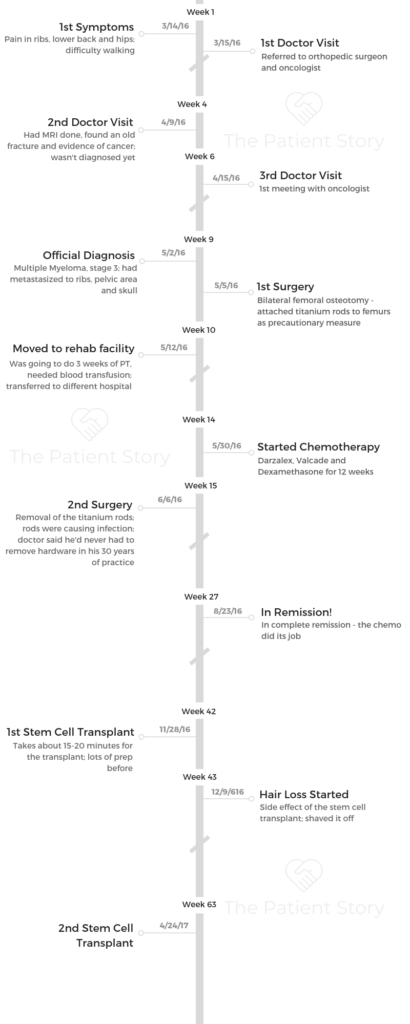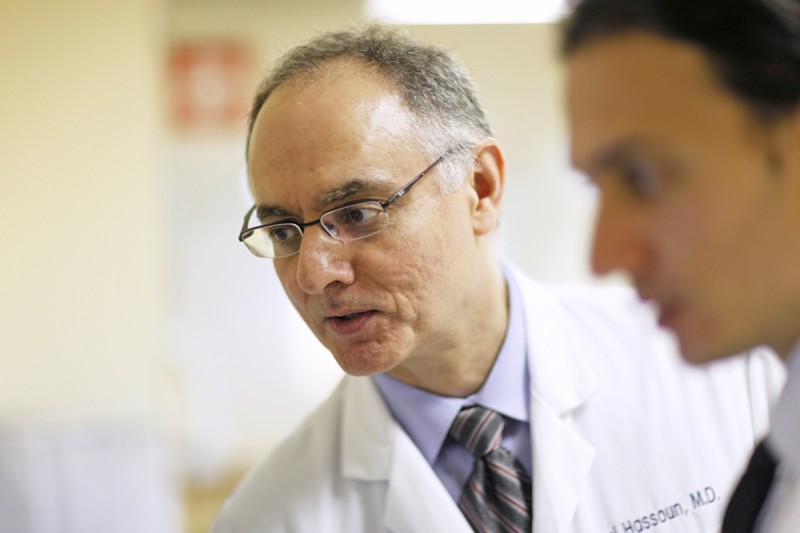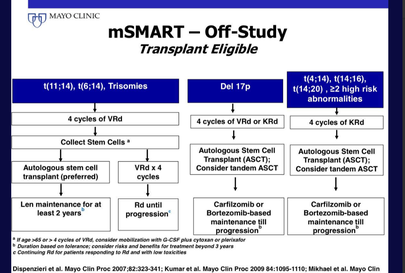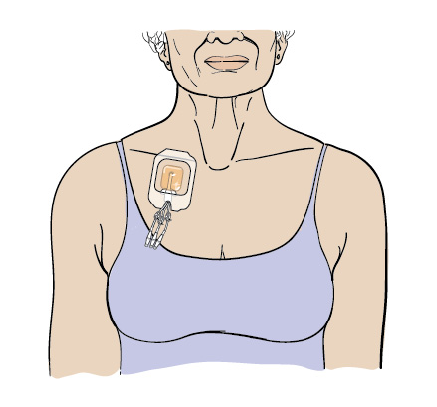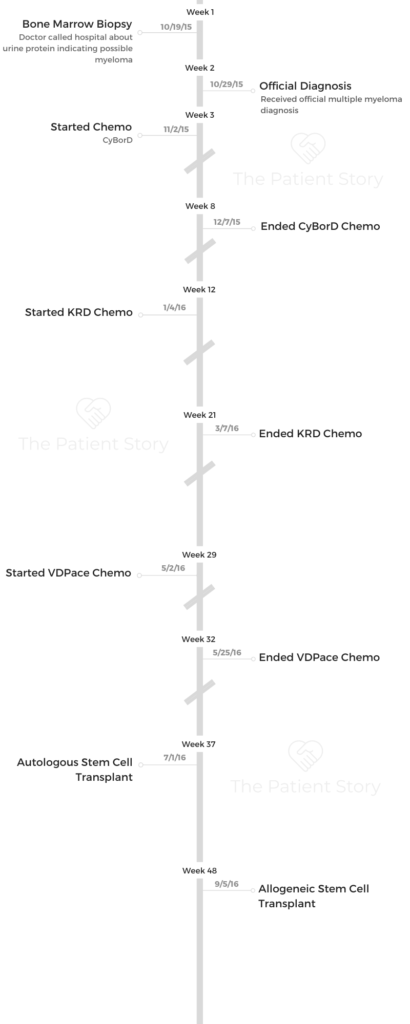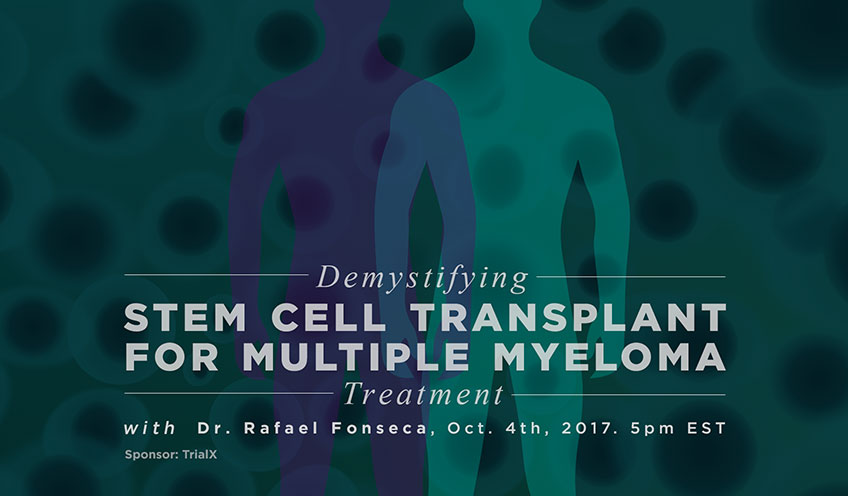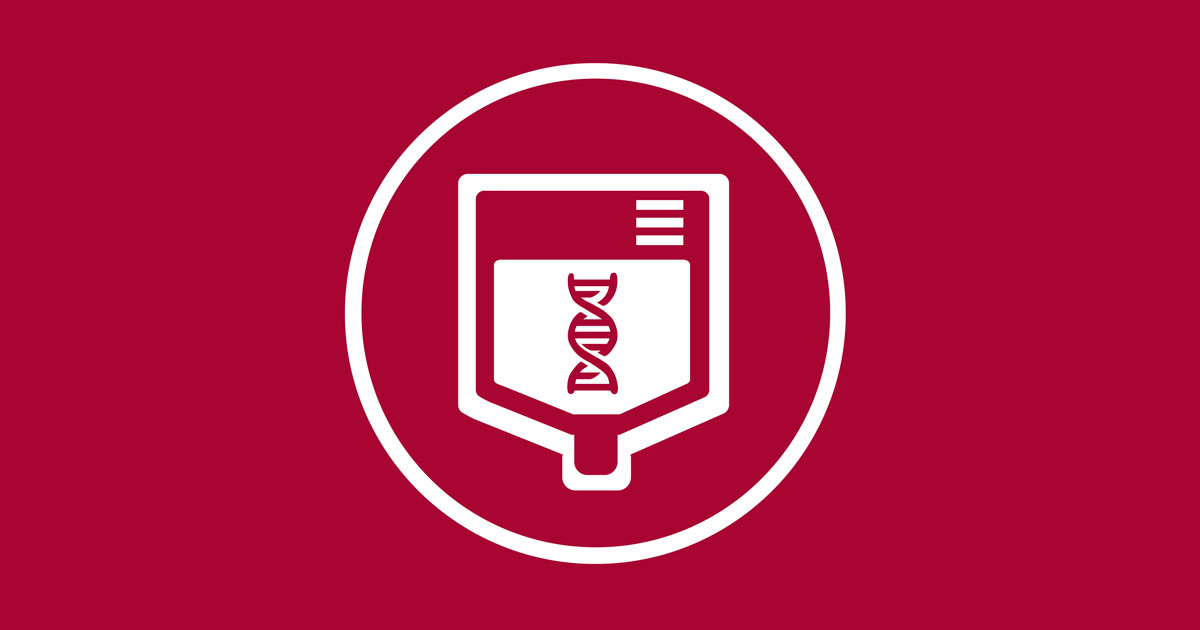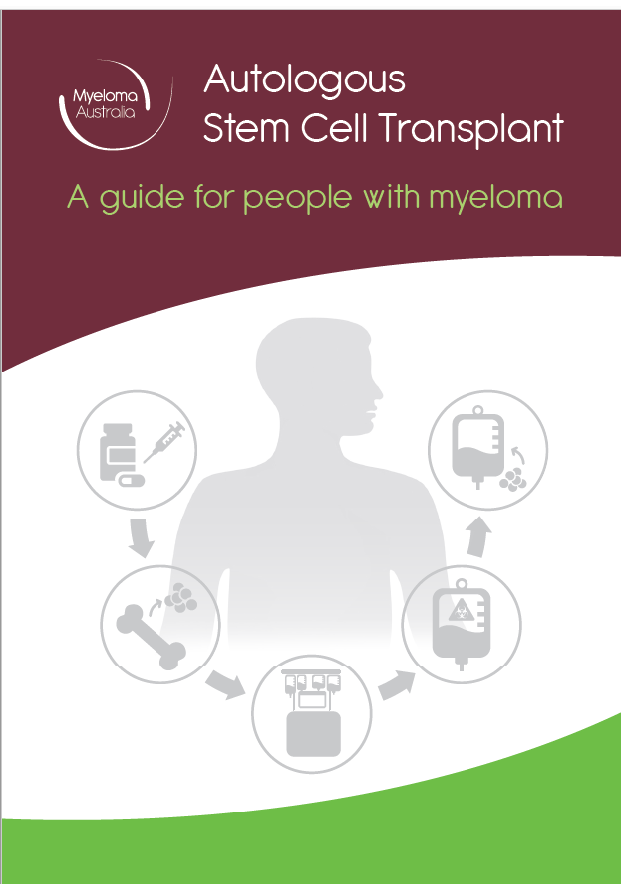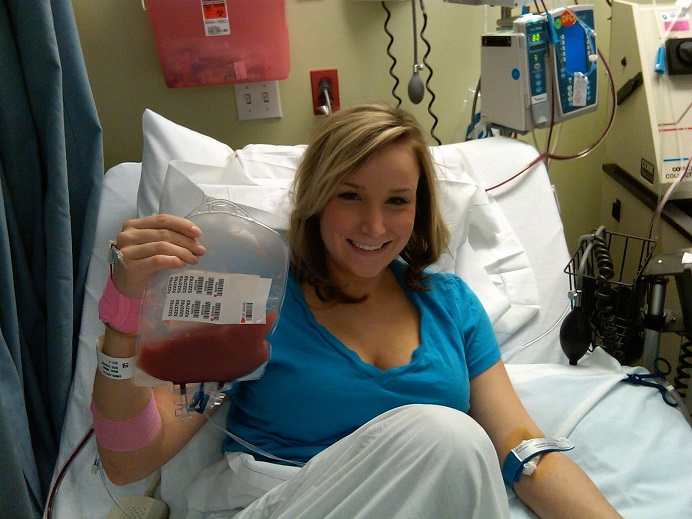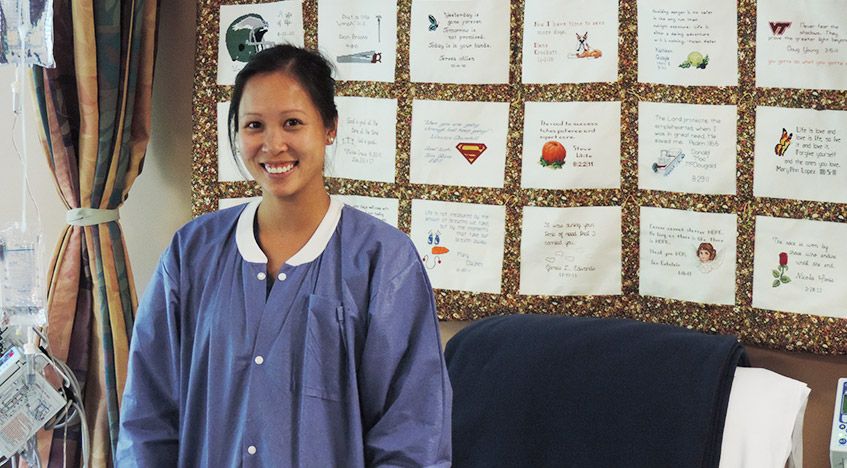Stem cell transplants have become important weapons in the fight against certain blood cancers such as multiple myeloma non hodgkin s lymphoma hodgkin lymphoma and leukemia a stem cell.
Multiple myeloma stem cell transplant recovery time.
Time to recover from stem cell transplant by dallasgg on mon feb 01 2016 7 08 pm i was in the hospital for 17 days for my transplant and was able to go home as soon as my blood counts recovered.
The recovery stage begins after the stem cell infusion.
During this time you and your family wait for the cells to engraft or take after which they start to multiply and make new blood cells.
Nccn clinical practice guidelines in oncology.
The transplant of this kind is the standard treatment for patients with various myeloma.
This requires calories and energy.
For an autologous stem cell transplant the.
The risk of infection is higher and lasts longer than in transplants using your own stem cells.
All things considered while the autologous transplant can make the myeloma go away for a period of time even years it does not cure the growth and inevitably the myeloma back.
The time it takes to recover after a transplant varies.
The long term survival of people with multiple myeloma following autologous stem cell transplant has steadily improved since 1997 through with the introduction of new medicines a large review study reports.
The time after your transplant is a time of cell recovery and growth.
Recovery after a donor transplant takes much longer.
One viable treatment option for multiple myeloma patients is a stem cell transplant.
Stem cell transplant is commonly used to treat multiple myeloma.
National comprehensive cancer network nccn.
The 2 most common problems after this type of transplant are.
See drug therapy for multiple myeloma stem cell transplants sct can be autologous or allogeneic.
Multiple myeloma survival rate after stem cell transplant.
Before the transplant drug treatment is used to reduce the number of myeloma cells in the patient s body.
It usually takes about 3 months but it s also normal to take more or less time.
Older patients and those with low risk disease show the greatest gains over time while people with high risk factors showed the least change its researchers said.
And the risk of side effects or complications is higher.

